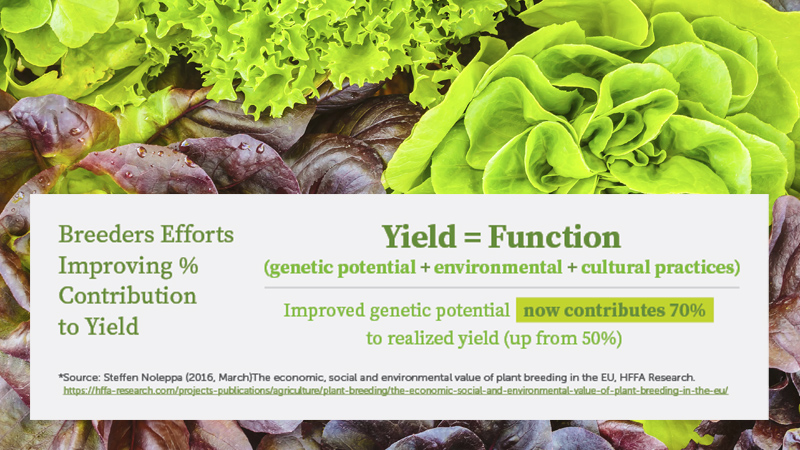Scientists Uproot Common “Superweed” Myths
The Weed Science Society of America (WSSA) issued a new fact sheet to uproot common misconceptions about “superweeds”– a catchall term used by many to describe weeds resistant to herbicides. The paper explores the truth behind two widespread fallacies.
- Fallacy 1: Superweeds are a product of rampant gene transfer from genetically modified field crops. The truth:
WSSA scientists say gene transfer from some crops to certain weed species can happen, but it has not been a factor in the development of herbicide resistance across large acreages. The true culprit, they say, is overreliance on a single class of herbicides, resulting in selection for weeds that can survive the products in that class.
“Resistance to pesticides is not new or unique to weeds,” says Brad Hanson, PhD, a member of WSSA and Cooperative Extension weed specialist at the University of California at Davis. “Overuse of any compound class, whether antibiotic, antimicrobial, insecticide, fungicide or herbicide, has the potential to lead to reduced effectiveness. Although weeds resistant to herbicides were first reported more than a half century ago, integrated weed management strategies that included more tillage, more hand weeding and multiple herbicides kept them in check to a large degree. Today, however, it has become common in some cropping systems for farmers to repeatedly use a single class of herbicides to the exclusion of other weed control methods, and this has led to the growing problem with herbicide-resistant weeds.”
- Fallacy 2: Superweeds have supercharged abilities to muscle out competing plants in new and more aggressive ways. The truth:
Many believe today’s herbicide-resistant superweeds exhibit properties unlike anything we’ve ever seen before. But WSSA scientists say bully-like weed behavior isn’t new. In the absence of herbicides, resistant weeds are no more competitive or ecologically damaging than their non-resistant relatives.
All weeds – herbicide resistant or not – can outcompete other more desirable plants for water, nutrients, sunlight and space. They grow by leaps and bounds and can be prolific seed producers. A single Palmer amaranth plant, for example, can produce hundreds of thousands of seeds.
Scientists say the key to keeping weeds from causing dramatic changes in crop production is to adopt effective management strategies.
According to Andrew Kniss, PhD, WSSA board member and University of Wyoming faculty member, “Nearly any weed species can be economically devastating if left uncontrolled. It is important to incorporate a variety of weed management practices and not rely exclusively on herbicides for weed control. Monitoring weed populations is also important. Early recognition of resistant populations and rapid intervention can help reduce the impact these weeds have.”
The full WSSA paper on superweeds is posted online at http://wssa.net/weed/wssa-fact-sheets. The same website contains a variety of best management practices recommended by WSSA to combat herbicide resistance – from proactive steps to reduce the number of weed seeds in the soil to the use of well-established cultural practices to suppress weeds through crop competition.
Source: Weed Science Society of America news release










